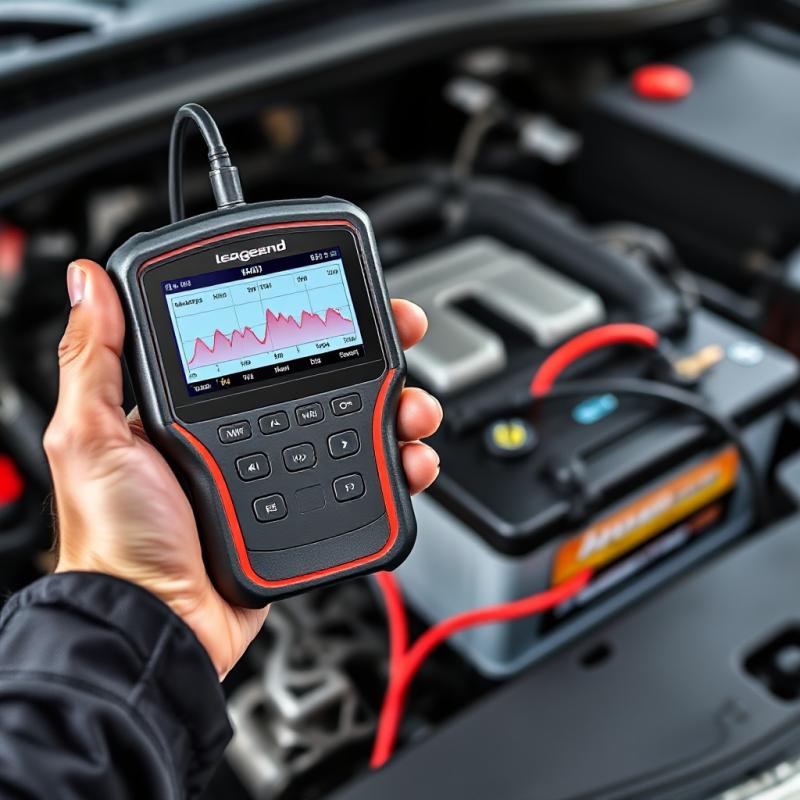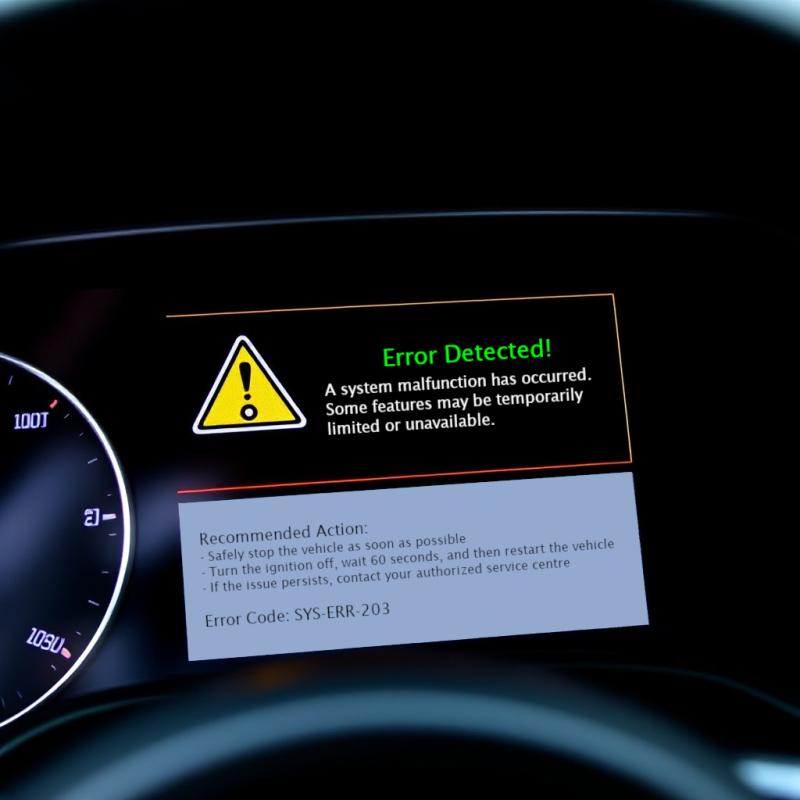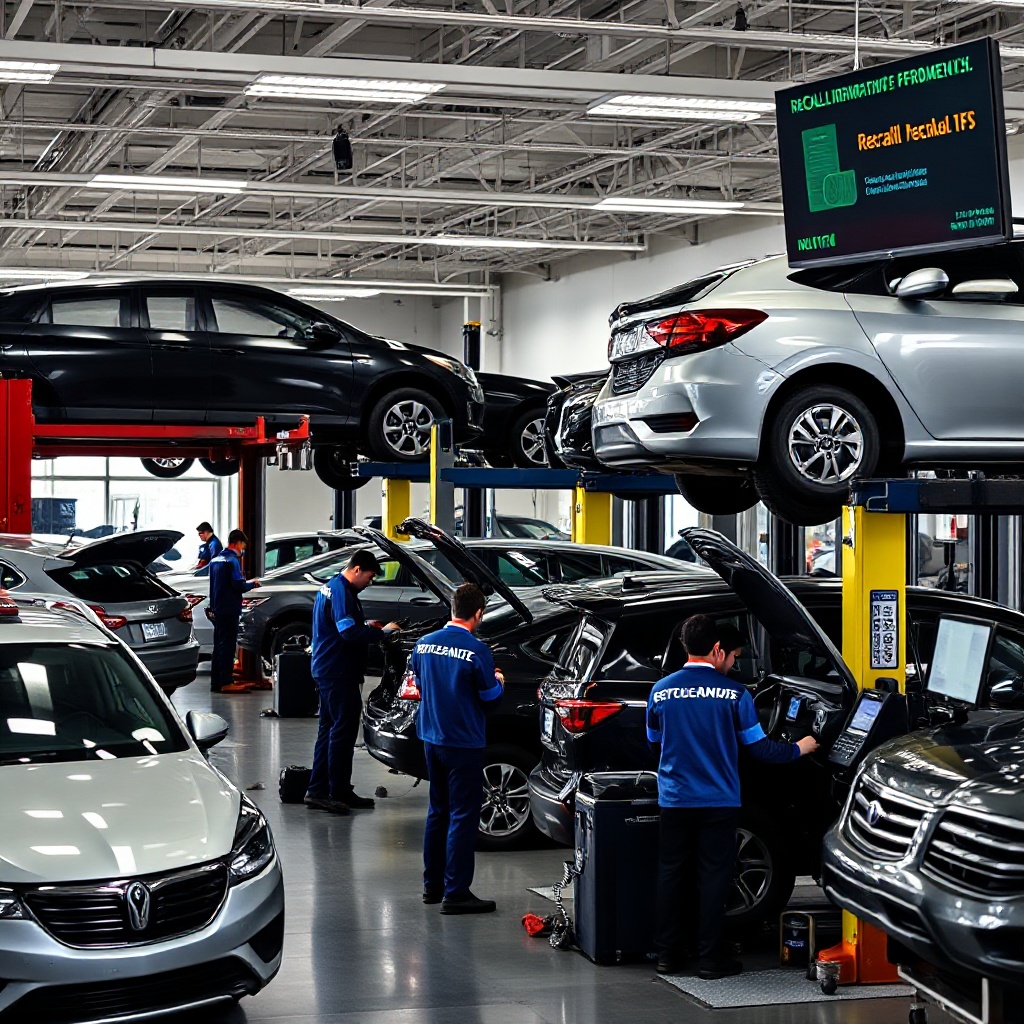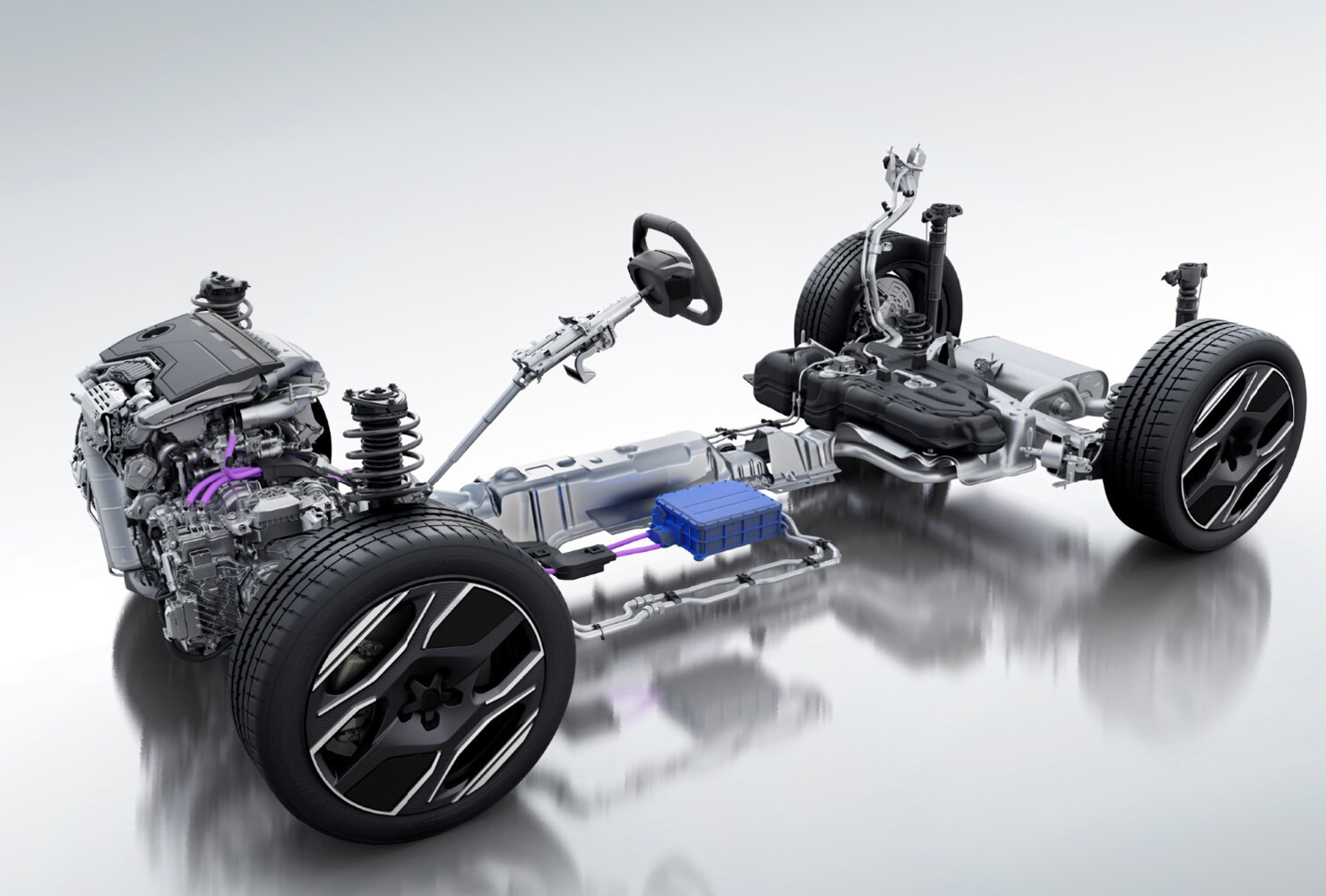
Automotive industry faces record 27.7M vehicle recalls in 2024, with software issues surpassing mechanical problems as cars become more technologically advanced.

Drivetech Partners
The automotive industry faces unprecedented challenges as vehicle recalls exceeded 27.7 million in 2024, highlighting ongoing quality control issues and safety concerns. This recall surge reflects a fundamental shift in the nature of automotive defects, with electrical systems and software-related problems overtaking traditional mechanical issues as vehicles become more technologically sophisticated.
Key Takeaways
Over 72.7 million vehicles on American roads have unaddressed safety recalls, creating significant public safety risks
Software-related defects have emerged as the primary driver of modern vehicle recalls, transforming how manufacturers approach quality control
Over-the-air updates are revolutionizing recall management, creating a two-tier repair system that favors newer, connected vehicles
Dealership service centers face both revenue opportunities and capacity challenges as recall volumes reach historic levels
Regulatory frameworks are evolving to address new technological safety concerns, particularly around autonomous systems and connected vehicles
Record-Breaking Recalls Signal Industry-Wide Safety Challenges
he automotive industry is grappling with a massive recall crisis as over 27.7 million vehicles were flagged for safety issues in 2024 alone. This staggering figure continues a troubling trend of large-scale safety campaigns that have plagued manufacturers in recent years. Major brands including Tesla, Chrysler/Stellantis, and General Motors have led these recall numbers, suggesting that quality control problems aren't limited to specific segments of the market.
What's particularly concerning is the shift in the types of components being recalled. Electrical systems have emerged as the most commonly recalled component, reflecting the growing complexity of vehicle technologies. This marks a significant departure from traditional recalls centered on mechanical issues like brakes or airbags. The transition highlights how modern vehicles, increasingly dependent on sophisticated electronics and software, present new and complicated quality control challenges for manufacturers.
The Hidden Crisis: 72.7 Million Unrepaired Vehicles on American Roads
Beyond the headline-grabbing new recall numbers lies an even more troubling statistic: more than 72.7 million vehicles currently on U.S. roads have unaddressed open recalls. This massive backlog continues growing despite manufacturer efforts to reach vehicle owners. Each unrepaired vehicle represents a potential safety risk not only to its occupants but to everyone sharing the road.

Several factors contribute to this dangerous backlog:
Consumer awareness gaps leading to low completion rates for non-high-profile recalls
Manufacturers struggling with parts availability for older models
Service center capacity limitations
Vehicle ownership changes making it difficult to track and notify current owners
The National Highway Traffic Safety Administration (NHTSA) has attempted to address this issue through its Vehicle Safety Recalls Week initiative, which aims to raise awareness about the importance of checking for and addressing unrepaired recalls. "Recalls are serious safety issues that need to be promptly addressed," notes the NHTSA, which offers free VIN lookup tools for consumers to check their vehicles.
Software Defects: The New Frontier of Automotive Safety Concerns
The days when automotive recalls primarily involved mechanical components like brakes or fuel systems are fading. Today's vehicles increasingly rely on complex electronic ecosystems with millions of lines of code controlling everything from engine performance to safety systems. This fundamental shift has transformed the landscape of automotive defects.
Software-related recalls have increased dramatically as vehicles become more technologically sophisticated. These "high-risk" recalls often involve systems crucial to vehicle safety, such as electronic stability control, automatic emergency braking, or drive systems. The problem is compounded by the interconnected nature of modern vehicle systems, where a software bug in one component can potentially affect multiple vehicle functions.
Manufacturers face a steep learning curve in preventing, detecting, and addressing software defects. Unlike mechanical issues with clear physical indicators, software problems can be intermittent and difficult to diagnose. Additionally, cybersecurity vulnerabilities represent an emerging category of potential safety issues that traditional quality control processes weren't designed to address.
Over-the-Air Updates: Revolution in Recall Management
One of the most significant shifts in recall management has been the rise of over-the-air (OTA) updates. These digital fixes have become the standard solution for addressing many software-related recalls, especially at companies like Tesla. OTA updates provide faster resolution for certain defects without requiring dealer visits, dramatically improving repair rates and reducing inconvenience for consumers.
However, this technological capability has created a two-tier recall system. Newer, connected vehicles can receive immediate fixes, while older models still require traditional service appointments. This disparity is reshaping consumer expectations around recall response times, with owners of newer vehicles expecting swift digital remedies for software-related issues.
Regulatory frameworks are still adapting to evaluate the effectiveness of digital repairs. Questions remain about verification processes to ensure OTA updates actually fix the identified problems. Data privacy concerns are also emerging as manufacturers collect more vehicle performance information to monitor and address potential defects remotely.
Regulatory Pressure Mounting on Automakers
The regulatory landscape for automotive recalls is evolving rapidly in response to these new challenges. The Federal Trade Commission's CARS Rule implementation aims to combat deceptive practices in recall disclosure, particularly at the point of sale for used vehicles. This regulation requires clear disclosure of open recalls before vehicles change hands.
Autonomous vehicle technology faces increased regulatory scrutiny after several high-profile safety incidents raised public concerns. Similarly, the electric vehicle transition is bringing new safety standards and compliance requirements related to battery systems, charging infrastructure, and unique drivetrain components.
The regulatory landscape for Advanced Driver Assistance Systems (ADAS) is particularly fluid, with agencies working to create frameworks that ensure these complex systems operate safely under varied conditions. International regulatory harmonization challenges create additional compliance complexities for global manufacturers, who must navigate differing standards across markets.
Dealership Disruption: Service Centers at the Recall Frontlines

Dealership service departments find themselves at the epicenter of the recall crisis, managing an unprecedented volume of appointments. These service centers face significant challenges:
Parts shortages for high-volume recalls
Technical complexity requiring specialized diagnostic equipment
Staffing constraints as technician demand outpaces supply
Scheduling challenges balancing recall work with regular maintenance
The rise of OTA updates presents both a threat and an opportunity for dealerships. While some software-related recalls no longer require in-person visits, the increased overall recall volume has created significant service revenue for many dealers. Additionally, dealerships play a critical role in consumer education about recall importance, often serving as the first point of contact for safety-related questions.
Service center staffing and training struggle to keep pace with technological complexity. The skills needed to diagnose and repair modern vehicles have evolved dramatically, requiring continuous education and certification for technicians who must now be as comfortable with computer diagnostics as they are with mechanical repairs.
Consumer Trust in Crisis: The Reputation Impact of Recall Surges
High-profile recalls can significantly damage brand reputation and consumer confidence. The amplifying effect of social media means that safety incidents and manufacturer responses receive unprecedented visibility, with consumer stories and complaints reaching wide audiences almost instantly.
Consumer expectations for transparent communication have increased pressure on manufacturers to acknowledge problems quickly and provide clear remediation plans. Trust erosion from poorly handled recalls potentially impacts future purchasing decisions and brand loyalty, creating long-term sales implications beyond the immediate cost of repairs.
Interesting quality perception gaps have emerged between traditional automotive brands and newer entrants to the market. While established manufacturers benefit from longer track records, they also face higher expectations for reliability. Newer brands, particularly those focused on electric vehicles and technology integration, often receive more consumer forgiveness for software-related issues, which are perceived as fixable growing pains rather than fundamental quality problems.
The Future of Vehicle Safety: Prevention vs. Reaction
The automotive industry is shifting toward preventative quality control approaches using AI and data analytics to identify potential issues before they reach consumers. Enhanced simulation testing helps identify potential defects before production, reducing the need for costly and reputation-damaging recalls after vehicles are in customer hands.
Connected vehicle data enables earlier detection of emerging problems through real-time performance monitoring. Manufacturers can analyze patterns across thousands of vehicles to spot anomalies that might indicate a developing issue, potentially addressing problems before they become safety concerns requiring formal recalls.
Blockchain technology is being explored to improve parts traceability and supply chain quality, ensuring that components meet specifications and allowing for more targeted recalls when necessary. Standardization efforts are growing to reduce software compatibility issues, particularly as vehicles increasingly interact with external infrastructure and other vehicles.
Consumer advocacy groups continue pushing for design-phase safety prioritization rather than post-sale recalls. This approach emphasizes building quality and safety into vehicles from the earliest stages of development rather than treating recalls as an acceptable part of the product lifecycle. The future of automotive safety will likely blend these preventative approaches with improved reactive capabilities, creating a more robust safety ecosystem for tomorrow's increasingly complex vehicles.
Sources
Bizzycar - Automotive Recall Alert: Over 21 Million Vehicles Affected Year-to-Date 2024
AFS Law - Top Legal Challenges: The Automotive Industry 2024
Bizzycar - Automotive Recall Alert: 27.3 Million Vehicles Affected in 2024
Injury Relief - 2024 Recall Numbers Dropped: Let's Not Celebrate Yet
Motus - Vehicle Recalls: What 2024's Totals Mean for Drivers in 2025





